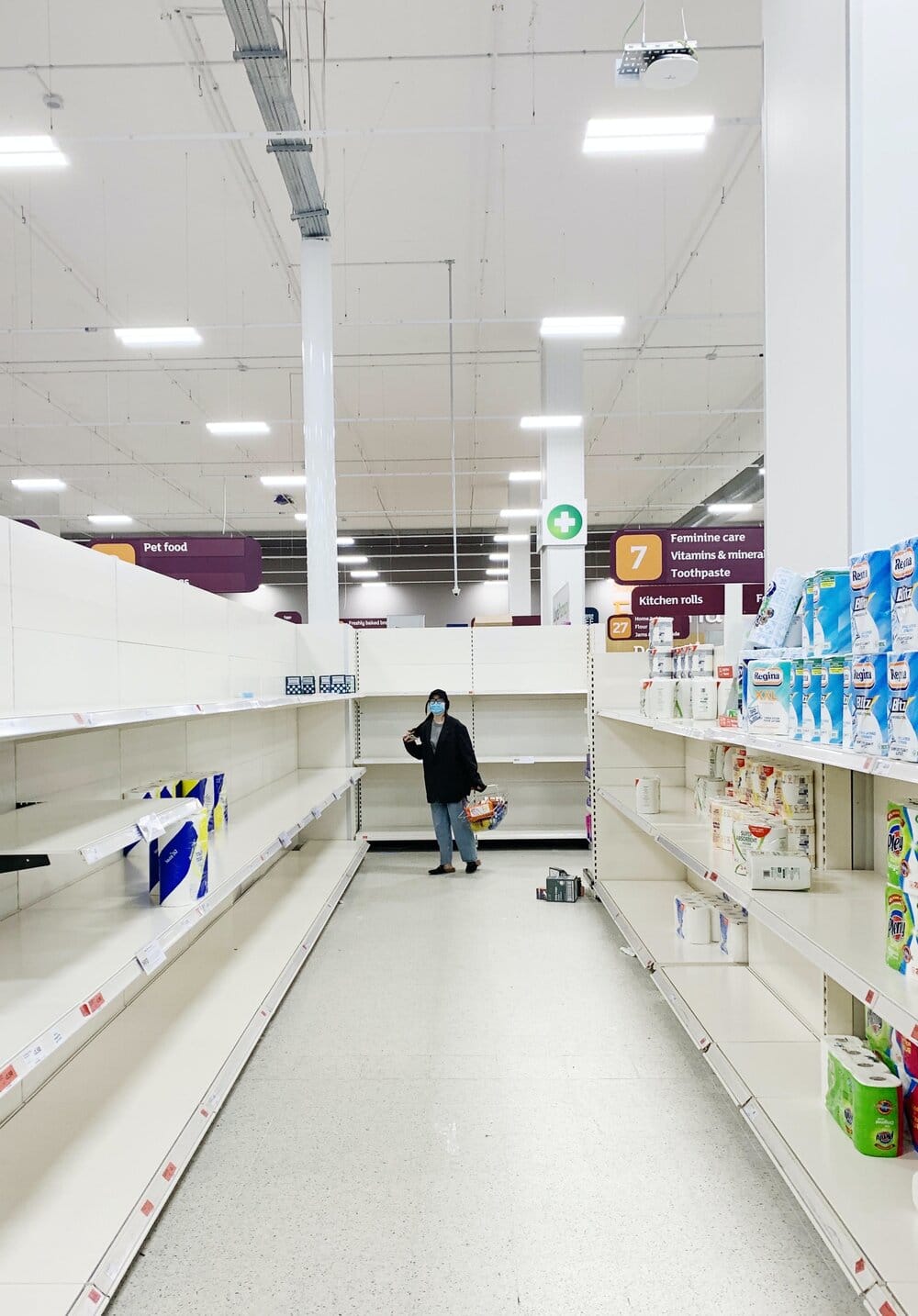By David Saunders, Health Editor | UPDATED: 08:28, 22 May 2020
Touchscreens found at self-checkouts and card payment machines in stores and supermarkets across the country represent hotbeds of activity amongst the public, with the tills acting as arguably one of the most populous and frequented locations in the country.
However, these areas are also key contributors to the spread of Covid-19, as scientists now believe that the virus can cling to and survive on surfaces for several days.
This makes self-service machines, touchscreens and keypads at checkouts an area of considerably increased risk.
In light of this, retail tech pioneers Ubamarket have developed an app which allows shoppers to scan their products as they shop, before paying in-app and completely bypassing the tills and self-checkout machines.
The app is being rolled out across SPAR, Londis, Budgens and many other stores across the UK and Ireland, but Founder of Ubamarket Will Broome knows that some retailers may be slow to respond to the advent of new technologies and may take some time to adapt.
With this in mind, Will Broome discusses the importance of using retail technology to protect the public, and also shares tips for shoppers who are looking to protect their health and wellbeing in-store:
“The outbreak of COVID-19 has highlighted the importance of improved hygiene and convenience for shoppers everywhere, not only for the current circumstances, but moving forward. Self-checkout tills are one key area where the coronavirus is likely to remain and then be passed on to shoppers, contributing to the wider spread of the virus.
Research suggests coronavirus may stay alive on surfaces for up to two or three days on metal, glass and plastic surfaces. Public touchscreens are used by a lot of people, and this means an infected person could leave traces of the virus on their surfaces.
Retail tech such as Ubamarket will remove the need for long queues and potentially dangerous contact at the tills. We are committed to helping supermarkets to provide a more hygienic shopping experience for their customers, by doing away with the need for time-consuming queues, unhygienic checkouts, complicated store layouts and confusion about where products are and whether they are in stock.
However, in the meantime, it is essential that supermarkets and industry experts do their best to share insight and advice for shoppers, in order to make sure they can be as prepared and protected as possible. When shopping in-store, especially if you use self-checkouts, here are some tips to help you safeguard your well-being:
Wash your hands before and after your shop
Handwashing has been championed by all health professionals during this time, and given that supermarkets may represent one of the primary locations for Coronavirus to spread on surfaces, ensuring that you carry out a proper handwashing procedure before and after your shop is very important. You can also use sanitising hand gel to disinfect your hands, but an extensive washing of the hands using hot water and soap will be more effective.
Do not touch your face after taking hold of a basket, trolley or touching the self-checkout
It is possible to contract Coronavirus from surfaces in-store, as scientists believe that the virus can survive on surfaces for long periods of time. Therefore, once you have touched something in-store, it is essential that you refrain from touching your face, as this can pass the virus from your skin onto your face and mouth
Observe social distancing rules and be courteous
Ensuring that you maintain social distancing in-store may be challenging, but it is essential, particularly at the checkouts where there are likely to be groups of people standing in one location. Furthermore, if you need to sneeze or cough, do so by completely covering your face with tissues, clothing or the crook of your elbow.





